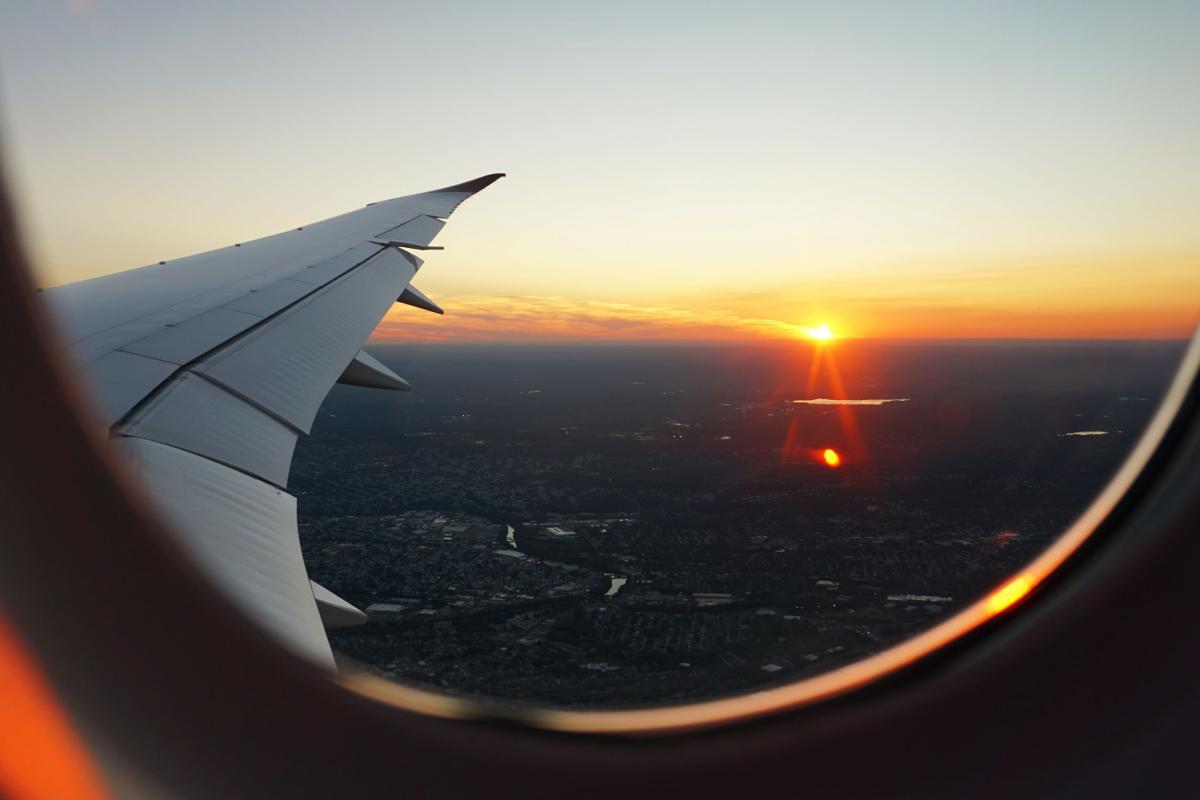As we journey through 2023, Asia has much reason to cheer as normality has finally (mostly) returned to the region.
2023 was greeted with China re-opening its borders, following several countries in the region easing their stringent travel restrictions to welcome visitors once again. Travellers too, are returning to the skies and have informed that they would rather cut back on non-essential retail purchases or forego their content streaming subscriptions and gym memberships to fund their travels.
While the travel industry is greeted with sentiments of positive recovery, there is, however, a small catch.
Fuelled by the pandemic and the digital acceleration that came along with it, there has been a dramatic shift in travellers’ expectations. The modern-day traveller seeks out experiences that not only make their journeys more convenient and comfortable, but also motivates them to come back for more.
What Makes Travel 2.0 Different from its Predecessor?
The pandemic stands as a pivotal moment in time that has altered the trajectory of travel.
It has made us appreciate how easy it was to travel at a time when logistical hassles such as mask, quarantine and testing mandates did not exist. But equally, it has triggered a global economic fallout that has resulted in significantly higher costs of living and, consequently, skyrocketing costs of travel.
Whilst there is ample evidence to suggest that only a small section of people is deterred by this and cautious to travel today, the rest (who are rejoicing the return to the skies) have changed the way they choose to travel.
Having been exposed to different facets of travel over the past few years, travellers in Asia Pacific are applying heightened value to certain travel benefits that were previously thought of as add-ons. Take airport lounges, for example – an experience that was once considered a luxury, has transformed into an expectation. Additionally, travellers are more willing to pay for luxury or more convenient travel experiences, such as upgraded seats and direct flights.
Raising Customer Engagement Through Heightened Travel Experiences
This tells us that travel today is no longer about going from point A to point B. Travellers are looking to be engaged differently; they expect more from their journeys and also from those who facilitate these journeys for them.
Beyond considerations of brand and sector, consumers are seeking sophisticated, status-enhancing, value-adding experiences personalised to them. They expect brands to deliver integrated experiences that add value to their lives – above and beyond the day of travel. In today’s era of fragile brand loyalties, customers will return to brands that provide them the best experiences.
Consequently, brands are adapting their offerings to better engage and meet the needs of new-age travellers. For instance, an airport takeout solution from Servy (in which Collinson is a key investor) allows travellers to order their food and drinks online in advance and have them delivered directly to them within the airport. Payment solutions too, are adapted to make it easier for people to travel in today’s environment. For instance, a trend towards offering ‘Fly Now, Pay Later’ allows travellers to undertake a journey without having to worry about any immediate economic consequences.
Travel loyalty benefits offered by brands in the form of rational rewards, cashback, travel miles and points, continue to retain their appeal amongst a certain segment of travellers. However, they are limited in their ability to foster meaningful connections with consumers in a way that can help evoke a strong sense of brand loyalty. To build customer engagement and nurture lifelong loyalty, rational rewards must be balanced with emotional connections as this enables consumers to feel special and valued.
Data Sharing and Partnerships are Key to Creating a Seamless Traveller Experience
To make the travel experience more meaningful, brands within the travel ecosystem are increasing their investments in the digital experience. However, in comparison to their retail sector peers, for instance (a notoriously innovative and customer-centric sector), brands in the travel industry are falling behind.
A study by Collinson suggests that nearly 93% of consumers are eager and open to building closer, emotional bonds with their favourite brands. An additional report also indicated that 61% of consumers are comfortable with companies using their relevant personal information transparently to offer them bespoke benefits.
Yet, despite consumers’ willingness to engage, the future investments that brands in the travel and hospitality sector plan to make are far from adequate. Our recent research showed that only 38% of brands across Australia, Hong Kong and Singapore are planning to invest in customer experience; 31% in data management; and 61% in technology infrastructure.
With travel becoming increasingly connected, it is now critical for brands in the ecosystem to work collaboratively with each other to drive seamless, integrated consumer experiences. Airports, for one, are investing in creating an interconnected traveller experience, driven by technology and data, to enable a frictionless experience.
Priority Pass, a market-leading airport experiences programme owned and operated by Collinson, for instance, provides end-to-end journey support – over and above airport lounge access – to its members. Members have the option to pre-book essential travel services, such as ground transportation, before arriving at the airport. Not only does this help make each airport journey seamless, pleasurable and stress-free, it also benefits other brands in the travel ecosystem by connecting them to the traveller and enabling them to maximise their revenue streams.
Futureproofing – Welcome to the Era of Collaboration
For the industry to be in a better position to meet the evolving needs of modern travellers, brands will need to come together to form an ecosystem where together, it identifies mutual customers and shares anonymised data. This ultimately will enable brands to curate and deliver more unique, timely and relevant experiences for their consumers.
As travel continues to pick up momentum, we’ll need to welcome an era of collaboration. One where we forge strong partnerships to deliver personalised experiences that consumers expect and unlock data and insights to accurately understand their ever-evolving preferences; continuously adding value over and beyond the day of travel.
About Collinson 
Collinson is the global, privately-owned company dedicated to helping the world travel with ease and confidence. Working with over 1,400 banks, 90 airlines and 20 hotel groups worldwide, Collinson delivers market-leading airport experiences, loyalty and customer engagement, and insurance solutions for over 400 million consumers. Collinson is the operator of Priority Pass, the world’s original and leading airport experiences programme.



